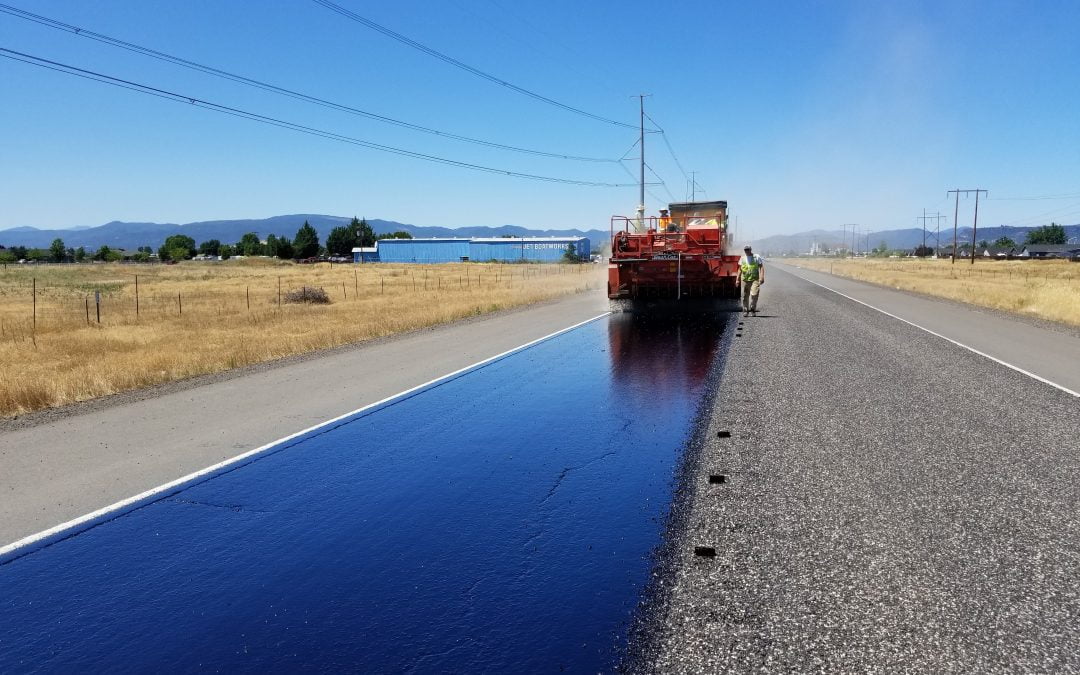Seal coating is a process that involves applying a protective layer of material to asphalt surfaces to extend their lifespan and maintain their appearance. The material is typically made of a mixture of water, asphalt cement, and additives such as mineral fillers and fibers.
The application is usually done by professional contractors using specialized equipment such as spray systems, squeegees, and brushes.
The principal role
The primary purpose of seal coating is to protect asphalt surfaces from the harmful effects of weather, water, and traffic. Asphalt surfaces are vulnerable to cracking, fading, and deterioration due to exposure to the sun’s UV rays, rainwater, and vehicle traffic. It also provides a protective barrier that prevents these elements from penetrating the surface and causing damage.
Seal coating is also an effective way to extend the life of asphalt surfaces. By protecting the surface from damage, it helps to reduce the frequency of repairs and replacements, saving property owners money in the long run. In addition, a seal coating can give asphalt surfaces a fresh, new appearance, enhancing the curb appeal of commercial and residential properties.
Application
The frequency of application depends on several factors, such as the age and condition of the asphalt surface, the amount of traffic it receives, and the climate. Generally, it is recommended to apply it every two to three years to maintain optimal protection and appearance.
In conclusion, seal coating is a valuable investment for property owners who want to protect and maintain their asphalt surfaces. By providing a protective barrier against the elements and extending the lifespan of the surface, it helps to ensure safe and attractive properties.
It is essential to hire a reputable contractor with experience and expertise in seal coating to ensure quality application and long-lasting results.

